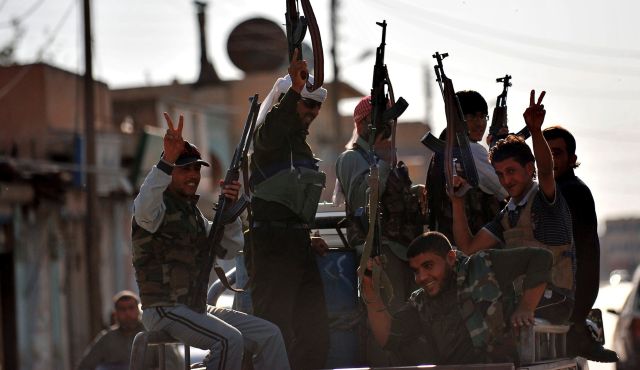Egyptians vote for various reasons in parliamentary elections, and have several standards for the selection of their candidates. Daily News Egypt interviewed voters on the second day of the second phase of elections on Monday, in a constituency that includes various districts and one parliamentary seat – the Boulaq constituency.
The electoral constituency includes the areas of Zamalek and Garden City, as upper-class districts, as well as downtown Cairo’s Qasr Al-Nil area, all the way to Azbakeya and Boulaq Aboul Ela, more popular districts.
The interviews were conducted outside polling stations in Zamalek, Garden City and downtown. It is expected that the electorate has an average education level and a degree of political awareness. However, in the current elections, it is hard to find a solid basis for voters’ opinion.
Several voters said they did not know the candidates, and surprisingly one voter at the Zamalek National School said his daughter had pushed him to cast his vote and selected the candidate for him. Others tried to make efforts to find out about the candidates.
“In these elections I do not know the candidates and I am not sure I trust them because my experience with previous parliaments is that politicians talk a lot and do little,” said a 40-year-old female voter at the Faculty of Arts polling station in Zamalek.
She explained that her confusion did not prevent her from voting and that she tried to find out more about the candidates instead of abstaining. “And that is my advice to the young generation because they are the ones suffering more in terms of poverty, unemployment and lack of development and they should actively face them. Voting is one of the ways,” she said.
Two people pointed to “laws” as reasons to participate in elections, stating that the parliament was not aimed at providing “services” but rather at legislations. A 42-year-old voter in Zamalek National School said he elected Mohamed Hamouda because he “is a man of law”.
Hamouda was also backed by another voter in the Ibrahimeya School in Garden City, but for a different reason, which is the candidate’s support and affiliation to former president Hosni Mubarak, former steel tycoon Ahmed Ezz, and others.
Another 38-year-old voter said he voted for those “who are not Islamists. I know some of the candidates and heard about others or political parties”. This standard based on the reputation of the candidates is common across voters.
In the Ibrahimeya School in Garden City, a voter said he elected the Republican Alliance’s list because he was “convinced of its coordinator Tahani Al-Gebali as a person”. The voter also elected candidate Fatma Khalil on individual seats “because I know her history”.
“But in the end, I believe people know the way to let somebody know they are incompetent or unwelcome,” he added.
Some voters found it strange to have one parliamentary member in charge of all those districts. Two voters in Zamalek National School said they did not know and were surprised to find out they must elect only one candidate on individual seats, saying they expected at least three or four.
On the other hand, a 41-year-old voter in Kasr Al-Dubara School off Qasr Al-Aini street in downtown said she did not believe the constituency has a popular density and therefore did not see a problem with one parliamentary member representing it.
Most interviewees spoke generally about issues such as unemployment, poverty and their wish to see the country move forward and develop. At first mention, none stated specific policies or political ideologies to be their concern.
When asked directly about what could be changed in terms of policies and laws, only a few responded, including one of Hamouda’s voters, who said Egypt needs to encourage investment through laws, while another female public employee simply said the Civil Service Law needs to be amended.
Finally, one voter said she wished to see younger faces in the parliament and other leading positions in the state, while another person said he hoped parliamentary members would not be above the law, through legal immunity usually provided to senior officials.
There are 20 candidates competing in that constituency, including seven from parties like the Free Egyptians, Future of a Nation, Conference, Egyptian Social Democratic, Al-Wafd, National Movement and Al-Taggammu Parties.
The most popular candidates so far seem to be Mohamed Hamouda, the lawyer for Ahmed Ezz, running as an independent, as well as Al-Wafd’s Fatma Khalil, Khaled Soliman from the Future of a Nation Party, the Free Egyptians Party’s Mohamed El-Massoud, and Khaled Bardaweely and Essam Mansour as independents.

